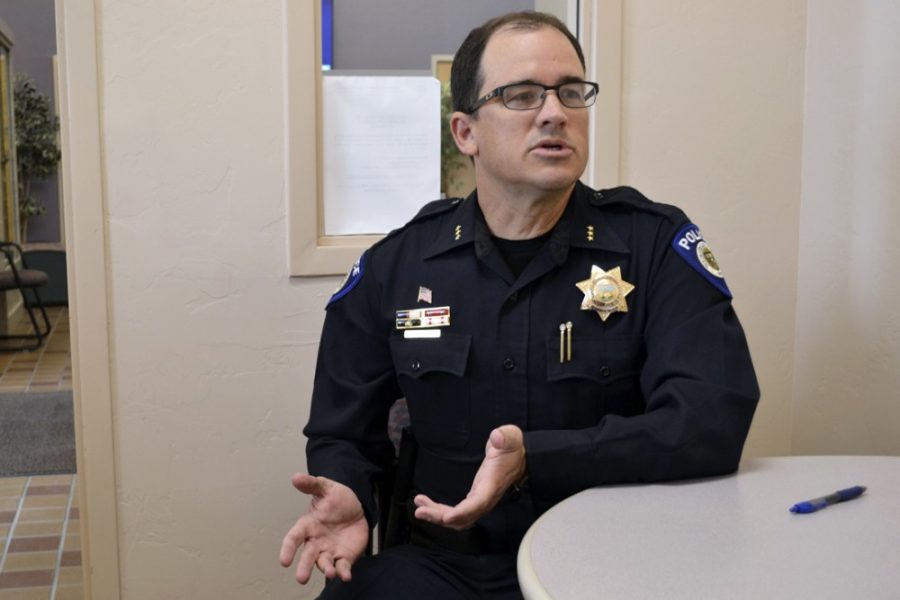Following the release of the 2014 UA campus safety report, the term red zone and its application has been brought into question at the UA, and officials are taking new steps to address the issue.
Megan McKendry, violence prevention specialist at the Oasis Program at Campus Health Services, said the existence of a red zone — a period of time where sexual assault is thought to be more common — on the UA campus and its time frame is contested.
McKendry said the red zone does not necessarily correlate with the first six weeks of school. While there may be some association with the first six weeks of school, McKendry said the red zone may actually be longer than just six weeks.
According to McKendry, red zone times can vary depending on the college campus and the time of year, adding that the risk of sexual assault may increase when more students are out socializing and consuming more alcohol.
According to the 2014 Annual Campus Safety, Security and Fire Safety report, released on Sept. 30, sexual assaults on campus have risen from four in 2011 to 19 in 2012 and to 28 in 2013.
“We have statistics from studies that were done across the country that show us that a lot more than 20 sexual assaults happen per year on college campuses nationwide and communities,” McKendry said.
According to McKendry, sexual assault does not only refer to unwanted sex, but it also includes unwanted touching and groping.
“We know it’s happening a lot more than it’s reported, and we know it’s the most under-reported crime,” McKendry said. “When we see numbers of reporting rising, we interpret that as the educational work we’re doing, and the awareness-raising work about options on campus is working.”
The University of Arizona Police Department is also taking notice of the increasing number of reported sexual assaults.
Assistant Chief of Police W. Keith Brittain said that as UAPD saw sexual assault rates going up, it began to reach out to survivors and encourage them to report, not only to UAPD, but also to Oasis, the Dean of Students Office and other campus entities.
“The numbers did start to go up as we started reaching out as a university system,” Brittain said. “Nationally, the educational system is saying, ‘Let’s focus more on this.’ It’s a nationwide swell, and we are trying to be the forefront of that.”
The Associated Students of the University of Arizona also joined in a national initiative called “It’s On Us.” The partnership originated at the White House, Pac-12 Conference schools and colleges around the nation, according to Issac Ortega, ASUA president.
According to the “It’s On Us” website, Jon Hamm, Kerry Washington and Rose Byrne are some of the celebrities who have joined the national initiative.
Ortega said the campaign will address awareness and prevention of sexual assault, and over 200 schools are involved. The campaign will launch nationwide on Nov. 13, according to Ortega, and every college involved will do something on its respective campus.
_______________
Follow Adriana Espinosa on Twitter.









